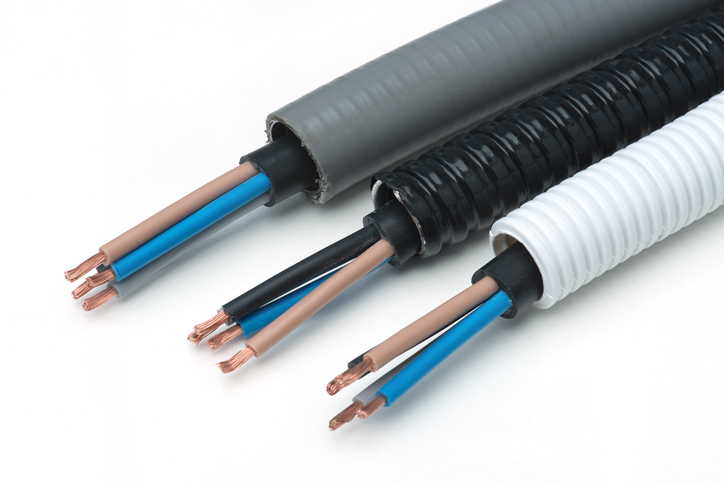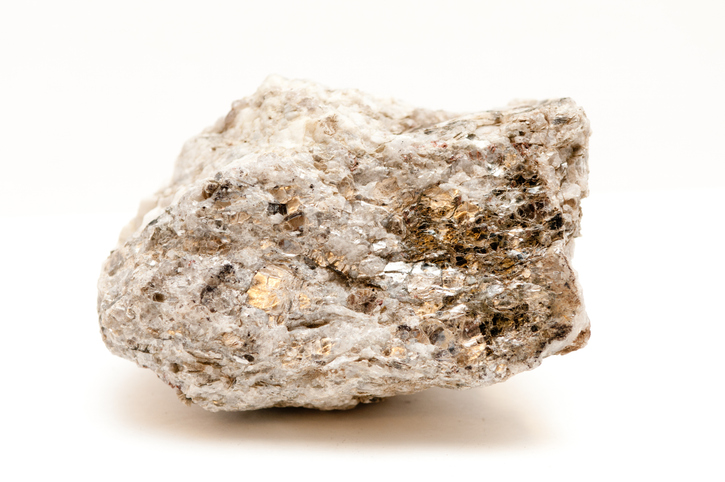Thermal insulation materials play a key role in preventing thermal runaway in batteries, maintaining an acceptable temperature in heated tube bundles, and protecting heat-sensitive products. These materials minimize heat transfer, keeping electrical and battery applications running smoothly and safely. There are a few common properties of thermal insulation materials that make them ideal for these applications.
Desirable Properties of Thermal Insulation Materials
Dielectric Strength
Dielectric strength describes the amount of voltage an insulation material can withstand before breaking down. Thermal and electrical insulation materials need to be able to resist the voltage of electricity they will be exposed to ensure the insulated part or component continues to work as intended. You will need to know the amount of voltage your application will generally be exposed to, that way you can choose the thermal insulation that has the proper dielectric strength.
Thermal Conductivity
Thermal conductivity measures how well an item allows heat to pass through it. Heat moves between objects, and sometimes can move extremely quickly causing a greater and greater increase in heat, eventually leading to extremely dangerous thermal runaway. Low thermal conductivity means that the thermal insulation material can keep heat from transferring between objects or keep the heat trapped in a desired area.
Temperature Resistance
Thermal insulation materials also need to be able to withstand high temperatures, as they are used to prevent heat from passing from one area to another. It is important to choose a thermal insulator with a high-temperature resistance so you don’t have to worry about the insulators melting within your application.
Thermal Expansion
Thermal expansion refers to the amount a material stretches or expands when it is exposed to heat. In some instances, if an insulator expands too much when it is exposed to heat, the system or battery could be compromised and will not function properly.
Fire Resistance
High heat and electricity can easily start a fire at any point in time, especially when thermal runaway occurs. Thermal insulation materials should be resistant to fire in order to keep the fire contained as much as possible. Without this resistance, any fire — even small or minor instances — could result in catastrophic damage.
Thermal Insulation Solutions from Electrolock
At Electrolock, we carry various types of thermal insulation materials and solutions to meet the needs of your applications. Some of the most common thermal insulation materials used are:
- Fiberglass: This material is available in woven, non-woven, and needled felt solutions and provides strong reinforcement, low thermal coefficient of expansion, and a high thermal performance up to 600ºC.
-
- Kevlar®: These woven fabrics provide high strength and impact resistance.
- Nomex®: This material is available in non-woven and needled felt solutions. Nomex® has an operating temperature resistance of up to 220ºC.
- PET or Polyester Films: These films are available in non-woven and needled felt solutions and provide high dielectric strength, however, they only have a thermal resistance of up to 130ºC.
- PAN: PAN is a needled non-woven high-temperature felt that exhibits good short-term flame resistance and is commonly used for thermal insulation applications.
All of our thermal insulation solutions can be backed with pressure-sensitive adhesives, foils, or flame-retardant papers and coatings so they best serve your needs.
Ready to Get Started? Contact Our Team Today
Since 1957, Electrolock has been providing innovative solutions for the high-voltage electrical, battery, and thermal insulation industries. If you can’t find something that fits your needs in our standard product offerings, our team will work with you to engineer a thermal insulation solution that fits your exact specifications.
Contact our team today to get started.




